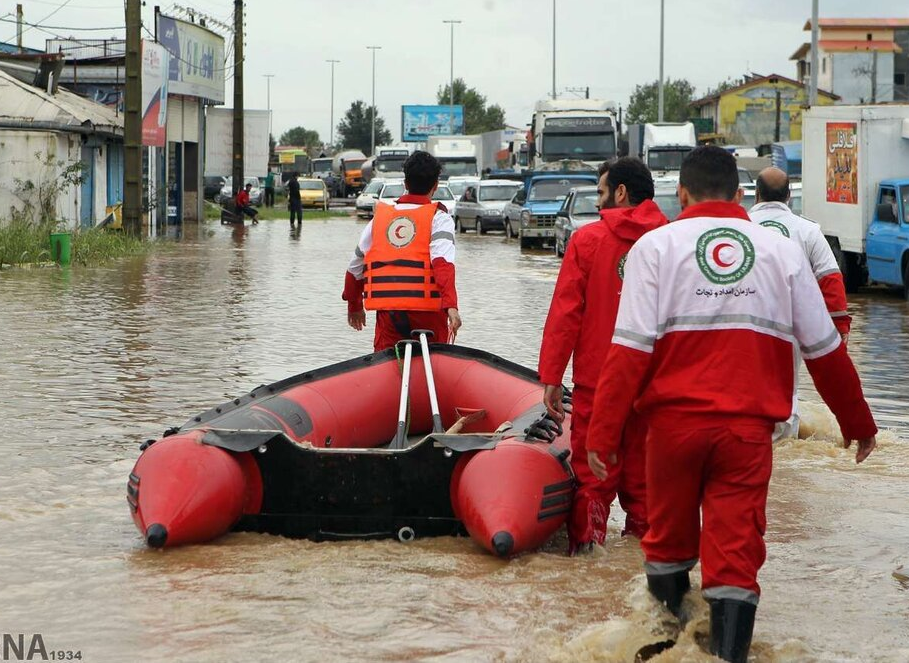May 14, 2021

A senior Ukrainian security official says he believes Iran intentionally shot down an airliner full of passengers early last year, possibly with the intent of ending a cycle of military escalation with the United States.
Oleksiy Danilov, secretary of the National Defense and Security Council, oversaw the early stages of Ukraine’s own investigation into the disaster, said Iran’s refusal to allow international investigators unfettered access to the evidence has convinced him that Iran shot the plane down on purpose.
In an interview with The Globe and Mail of Toronto, Danilov said, “Iran does not allow anybody to examine this tragedy, and they postpone or slow down any investigations. The fact that they are investigating themselves is rather surprising, to put it politely. When they say this was accidental,… I don’t buy that. It was intentional. This was a conscious attack.”
The Ukrainian government backed Danilov’s assertions.
But the Canadian government is not embracing the position of Kyiv, the preferred Ukrainian spelling as opposed to the more traditional, but Russian spelling, Kiev. Canada continues, though, to register frustration with the investigation and findings released by Iran’s civil aviation body, which blamed “human error” for the January 8, 2020, attack that killed all 176 people on board.
The disaster took place the same night that Iran fired missiles at US bases in Iraq, a retaliation for the assassination of Maj. Gen. Qassem Soleymani, five days earlier.
Danilov said he had directly challenged his Iranian counterpart while on an official visit to Tehran shortly after the disaster. He said his counterpart only assured him that his own political faction wasn’t involved in what had happened to the plane.
While Danilov was in Tehran last February, he met with Ali Shamkhani, the secretary of Iran’s Supreme National Security Council and Danilov’s counterpart.
“When I was in Tehran, talking to my counterpart, I asked him directly, ‘Why did you do this?’ He gave me a very honest reply – that they were not interested in shooting down this plane, but that Iran was a country where different groups of influence exist. There are at least three different military groups under three different commands, including the Revolutionary Guards, but not only them.”
Asked whether Danilov’s statements were shared by the Foreign Ministry, Deputy Foreign Minister Yevhen Yenin told The Globe and Mail that Danilov, as secretary of the NDSC, was representing the entire government.
“The Government of Ukraine demands a fair and objective investigation by Iran into the causes of the tragedy,” Yenin said. “We don’t believe the version of human error until we see the evidence.”
Yenin said Iran had refused to tell Ukraine the names or ranks of the 10 people Iran says have been charged in connection with the disaster – or even what they were charged with. “They never co-operate in a proper manner with Ukraine,” he said.
Ottawa, asked about Danilov’s assertions, declined to concur – or even comment.
Danilov’s hypothesis is that Iran was looking to create a diversion on the night of January 8, 2020, which would bring a strategically helpful pause to an escalating situation. He compares the case with that of Malaysian Airlines Flight 17, which was shot down by an anti-aircraft system over an area of eastern Ukraine controlled by Russian-backed separatists.
“Since January 8 of last year, the question has remained in my head: ‘Why do they do this?’ If you remember MH17, which the Russians shot down on the order of military authorities,… active military actions came to a halt after this crash, because the whole world was focused on understanding what happened,” he said.
“If you project this logic onto what happened on January 8, there was the Soleymani assassination, after which total war was expected. After shooting down the plane and killing our citizens, among others, this [total war] went from first priority to 10th priority.”
But others argue two points. First, the incident resulted in the Islamic Republic being viewed globally as incompetent and inept, something the regime would certainly not want. Second, if the regime had indeed planned to bring the plane down, it would have planned a response; but instead, the regime floundered for three days, denying any involvement, before finally admitting it had shot the aircraft down, making the regime look even more inept.
















